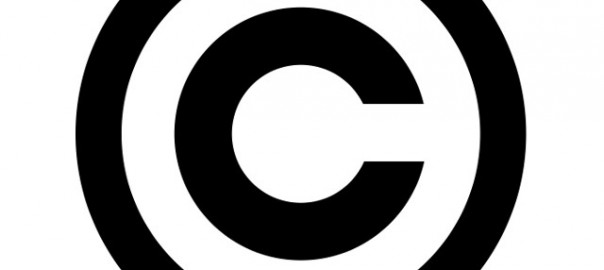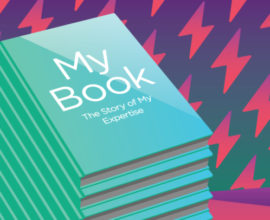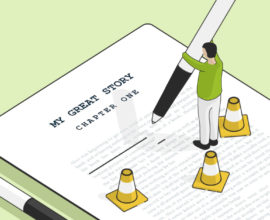What You Need to Know about Copyrights Registration
As an author, today’s technological advancements may both intrigue you and scare you. Intrigue because publishing your book in the market and taking your content to your target audience is way easier than it used to be and scary because of the diverse ways content is consumed and (ab)used! Being writers, we all want to have an ownership of what we write and publish. The use of our content without our knowledge or permission is the least we want to happen. To put an end to using our content and retaining our intellectual property rights, we need to copyright our book or manuscript and have a proof of ownership.

What is Copyrights?
In simple words, copyrights specifies the ownership of content. It says to whom content belongs and gives the creator better control over the way his or her content is consumed, used, and distributed. As a writer, you should know what copyrights of your book actually means. For instance, when you sign a deal with a publisher to publish your book, you do not lose your copyrights to your publisher. The publisher, on the other hand, only gets to keep the rights to the book, which is a product at the end of the day. You retain the rights to your ideas and the expression of the same in words. Getting copyrights to your book is very beneficial and gives you an edge in fighting piracy.
Should you copyright your Manuscript?
You have the rights to your work from the moment you start creating it. That’s by default. A lot of authors are content with this and refrain from getting a copyrights registered for their work. However, you should understand the perks of having copyrights registered for your work. Once registered, you now have an official document claiming the work to be yours. It is beneficial in fighting piracy; specifically, when content reproduction and reuse is on the rise and difficult to trace and stop. Also, when you don’t have copyrights registered, there may be a chance that someone may steal your work and get a copyright registered and publish it under his or her name. In that way, you lose your effort, time, and even the chance of becoming a best-selling author. So, it is highly recommended that you copyright your work, to be on the safe side.
Writing is what we do and words are all we’ve got. If someone’s going to take them away from us, it is us who has to initiate an action to safeguard ourselves and our work.





